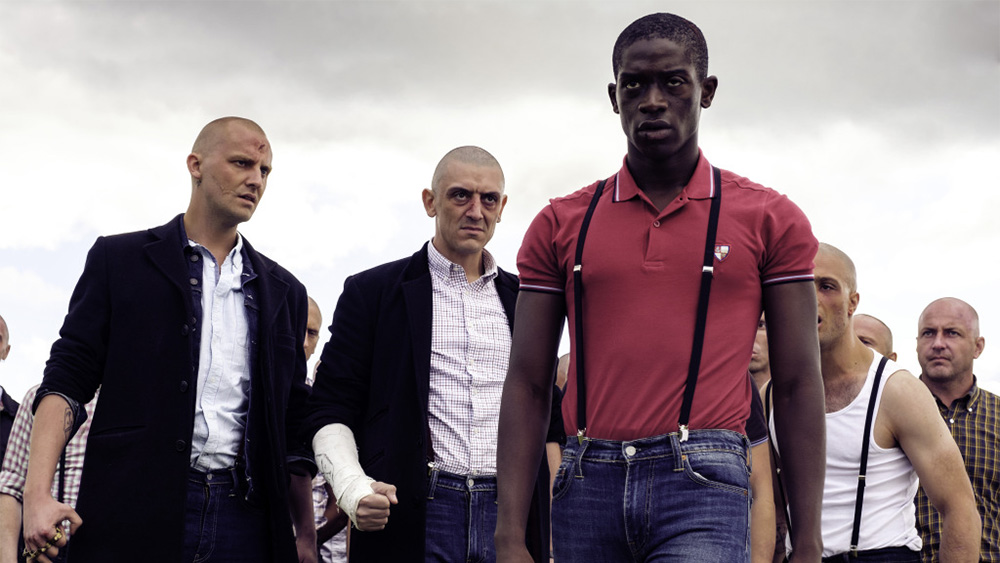Long-Gestating Project ‘Farming’ Hits Toronto Screens
By Christopher Vourlias
LOS ANGELES (Variety.com) – History had a strange way of catching up with Adewale Akinnuoye-Agbaje, who wrote the autobiographical story that would eventually become the screenplay for his directorial debut, “Farming,” 16 years ago.
The improbable coming-of-age story of a British-Nigerian child who is fostered by a white working-class family and journeys from self-destruction to redemption will have its world premiere in the Discovery section of the Toronto Intl. Film Festival. “” arrives as a growing push for greater onscreen representation of women and people of color ripples across film industries worldwide.
“The film happened when it was actually meant to in society,” said Akinnuoye-Agbaje. “Now we’re in a time when diverse voices have a platform. I think the film has been made at the right time…for a voice of this nature to be heard.”
Starring Kate Beckinsale, Gugu Mbatha-Raw, and Damson Idris – star of John Singleton’s FX drama “Snowfall” – “Farming” begins in the 1960s, when thousands of Nigerian children were “farmed out” to white families in the hopes of giving them a better life. Pic follows Enitan’s turbulent upbringing, whose path from sensitive child (Zephan Amissah) to self-hating, rebellious teen (Idris) eventually makes him an unlikely cohort of a violent skinhead gang.
Akinnuoye-Agbaje said his script, which was developed in the Sundance Film Institute, stemmed from “the cathartic need to expunge this experience that I endured as a child….The project was born out of a need for me to be able to sleep at night.”
“Farming” sheds light on a little-known chapter in U.K. history, set against a backdrop of racism and xenophobia directed toward black immigrants. Decades later those problems are again roiling post-Brexit Britain. The director says the issue has never been fully addressed.
“I’m hoping that what this film does is really create an opportunity for us as a people, but also as a nation, to reevaluate its relationship with its black immigrant population,” Akinnuoye-Agbaje said.
Producer Michael London was onboard “Farming” more than a decade ago and led the search for a U.K. partner, but when recession hit the industry, they lost a major investor. The project was stuck in limbo. “Those were different times, when black males and females weren’t regularly at the helm of films as directors,” said Akinnuoye-Agbaje. “There were a lot of hurdles to overcome.”
It wasn’t until the autumn of 2016 that the duo met Francois Ivernel of Montebello Prods., who was enthusiastic about the film. Production was greenlit just months later, and principal photography wrapped in five weeks. “You can take 16 years to make a project, but the moment it kicks off momentum, it’s almost breathtakingly fast,” said Akinnuoye-Agbaje. “The good thing is we had 16 years to be acquainted with the material. We were ready.”
It’s the kind of Hollywood ending that would have once seemed impossible. Akinnuoye-Agbaje ultimately sees both his life and film as “a story of hope, and triumph over adversity, of how a young black man can overcome a system.” He added: “Never have we needed that more so than now.”

